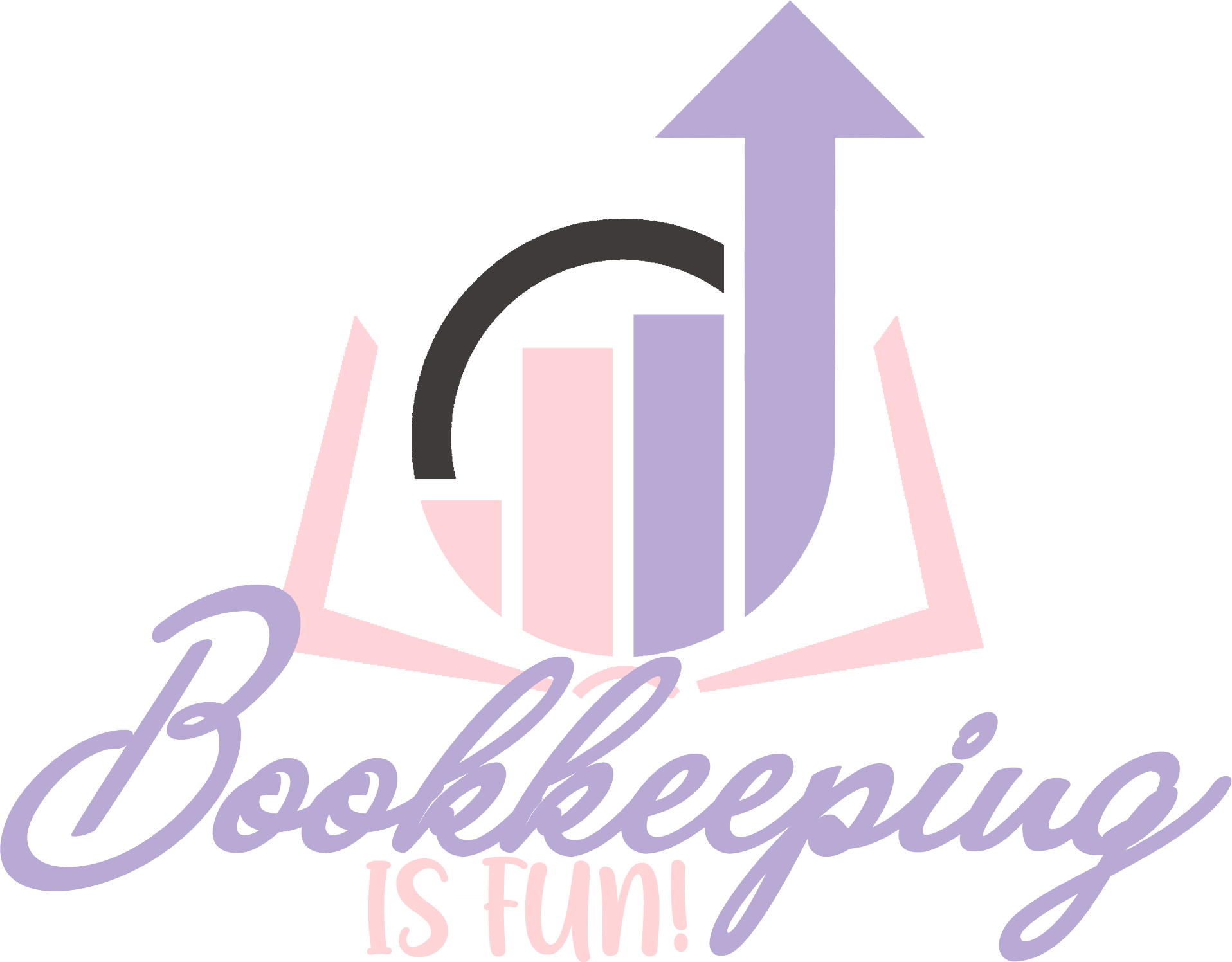Keeping track of finances is a crucial part of running a successful business. For small business owners, effective bookkeeping can mean the difference between thriving and struggling. In this blog post, we will share the top 5 bookkeeping tips for small businesses to help you stay organized and financially healthy. These tips will not only simplify your bookkeeping process but also ensure that you have a clear understanding of your financial situation. Let’s dive into the essential strategies every small business should implement to maintain accurate and efficient bookkeeping.
1. Separate Business and Personal Finances
Why Separation Matters
One of the most critical steps in bookkeeping is keeping your business and personal finances separate. This practice helps avoid confusion, ensures accurate records, and simplifies tax preparation.
How to Separate Finances
- Open a Business Bank Account: Ensure all business transactions go through this account.
- Use a Business Credit Card: For business expenses to maintain clear records.
- Track Personal Contributions: If you use personal funds for business, document these transactions accurately.
2. Implement a Consistent Record-Keeping System
Importance of Consistency
A consistent record-keeping system ensures you have accurate financial data available when you need it. This consistency helps in tracking expenses, managing cash flow, and preparing for tax season.
Steps to Maintain Consistency
- Use Accounting Software: Tools like QuickBooks or Xero can automate and simplify record-keeping.
- Set a Schedule: Regularly update your records, ideally daily or weekly.
- Save Receipts: Keep digital or physical copies of all business-related receipts.
3. Monitor Cash Flow Regularly
Understanding Cash Flow
Cash flow is the lifeblood of any business. Monitoring your cash flow helps you understand your financial health and make informed decisions about spending and investments.
Tips for Monitoring Cash Flow
- Create Cash Flow Statements: Regularly review your inflows and outflows.
- Forecast Future Cash Flow: Anticipate upcoming expenses and revenues.
- Review Bank Statements: Regularly check for discrepancies or unexpected charges.
4. Prepare for Taxes Throughout the Year
Year-Round Tax Preparation
Preparing for taxes shouldn’t be a last-minute scramble. Year-round tax preparation can save you time, money, and stress.
Tax Preparation Tips
- Keep Accurate Records: Maintain detailed records of all transactions.
- Understand Tax Deductions: Know what expenses are deductible.
- Consult a Tax Professional: Regular check-ins can help you stay compliant and optimize your tax strategy.
5. Use Financial Reports to Make Informed Decisions
Leveraging Financial Reports
Financial reports provide insights into your business’s performance. Using these reports helps you make informed decisions and plan for the future.
Essential Financial Reports
- Profit and Loss Statement: Understand your revenue and expenses over time.
- Balance Sheet: Review your assets, liabilities, and equity.
- Cash Flow Statement: Track how cash moves in and out of your business.
Bullet Points/List
Key Benefits of Effective Bookkeeping
- Improved Financial Accuracy: Reduces errors and discrepancies.
- Better Decision-Making: Provides a clear picture of financial health.
- Simplified Tax Preparation: Ensures all documents are ready for tax season.
- Enhanced Cash Flow Management: Helps avoid cash shortages.
- Increased Business Efficiency: Streamlines financial processes.
Case Studies or Examples
Case Study: ABC Retail
ABC Retail, a small business, struggled with managing their finances. After implementing consistent record-keeping and regular cash flow monitoring, they saw a significant improvement in financial accuracy and efficiency. This change not only simplified their tax preparation but also helped them make better business decisions, leading to a 20% increase in profitability.
Tips or How-to Advice
Practical Tips for Bookkeeping Success
- Automate Where Possible: Use software to automate repetitive tasks.
- Stay Organized: Keep financial documents well-organized and accessible.
- Regular Reviews: Conduct monthly reviews of your financial statements.
- Educate Yourself: Stay updated on bookkeeping best practices and tax laws.
Conclusion
Accurate bookkeeping is essential for the success of any small business. By separating finances, maintaining consistent records, monitoring cash flow, preparing for taxes, and using financial reports, you can ensure your business stays on a solid financial footing. Implement these top 5 bookkeeping tips to streamline your processes and set your business up for long-term success.
Join our “Bookkeeping is Fun™ – Coaching Program” Discover Bookkeeping Mastery with Our Coaching Program. A program meticulously designed for those eager to expand their knowledge and skills. This membership is your bridge to mastery, offering unparalleled access to expert mentors, a wealth of educational content, and a nurturing community. Perfect for beginners seeking a solid foundation or seasoned professionals aiming to refine their expertise, our Coaching Membership adapts to your pace and goals, guiding you towards becoming a proficient bookkeeper.
Join our “Bookkeeping is Fun™ – Business Membership – Advance Your Business with Exclusive Membership Benefits. Step into a world where growth is not just a goal but a journey. Our Business Membership is meticulously designed for the entrepreneur who seeks to surpass the ordinary. Engage in a community of ambitious business owners, participate in workshops that challenge and elevate, and gain tailored advice to navigate your business’s unique journey.
Outsource your bookkeeping to us for easy, less hassle.




